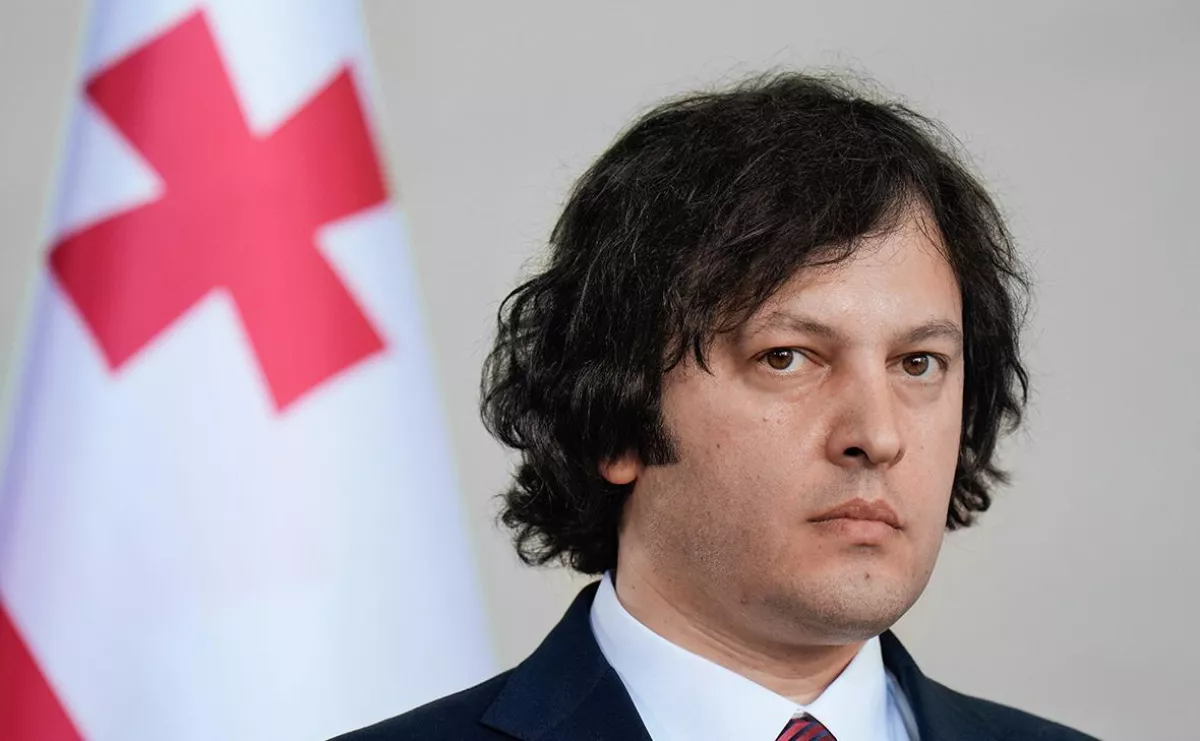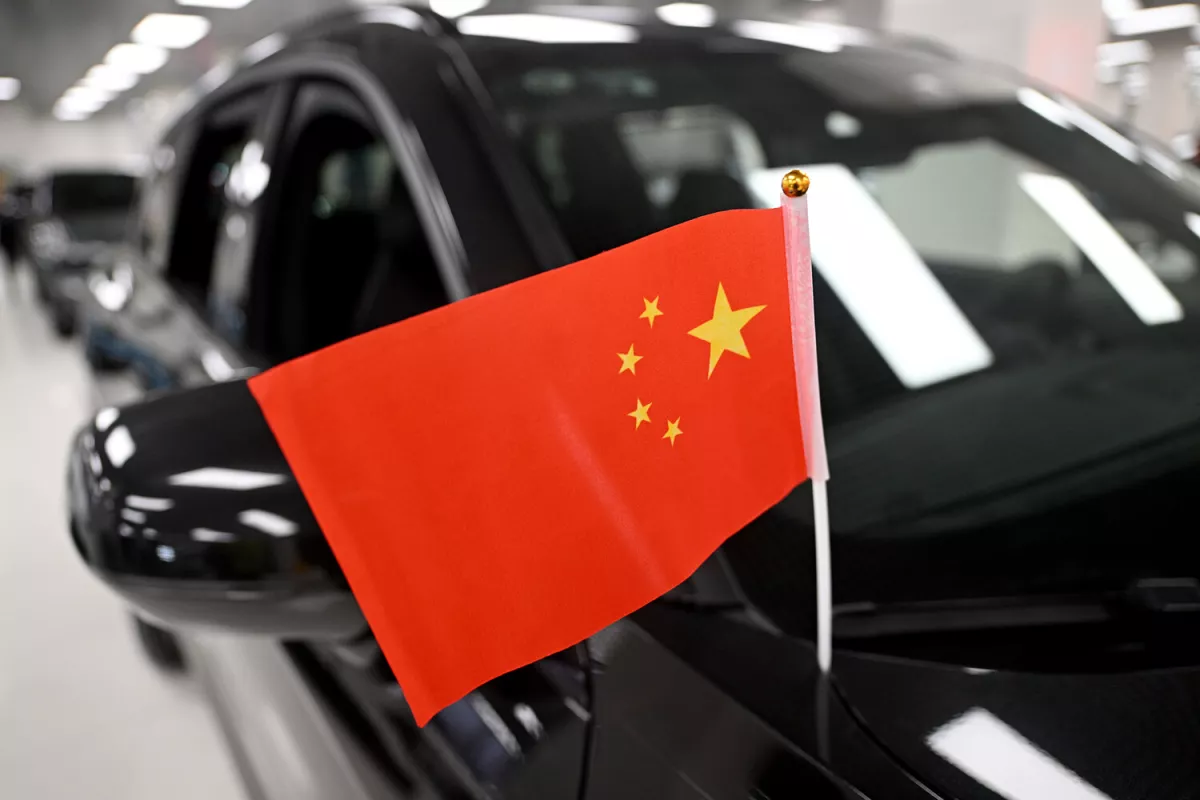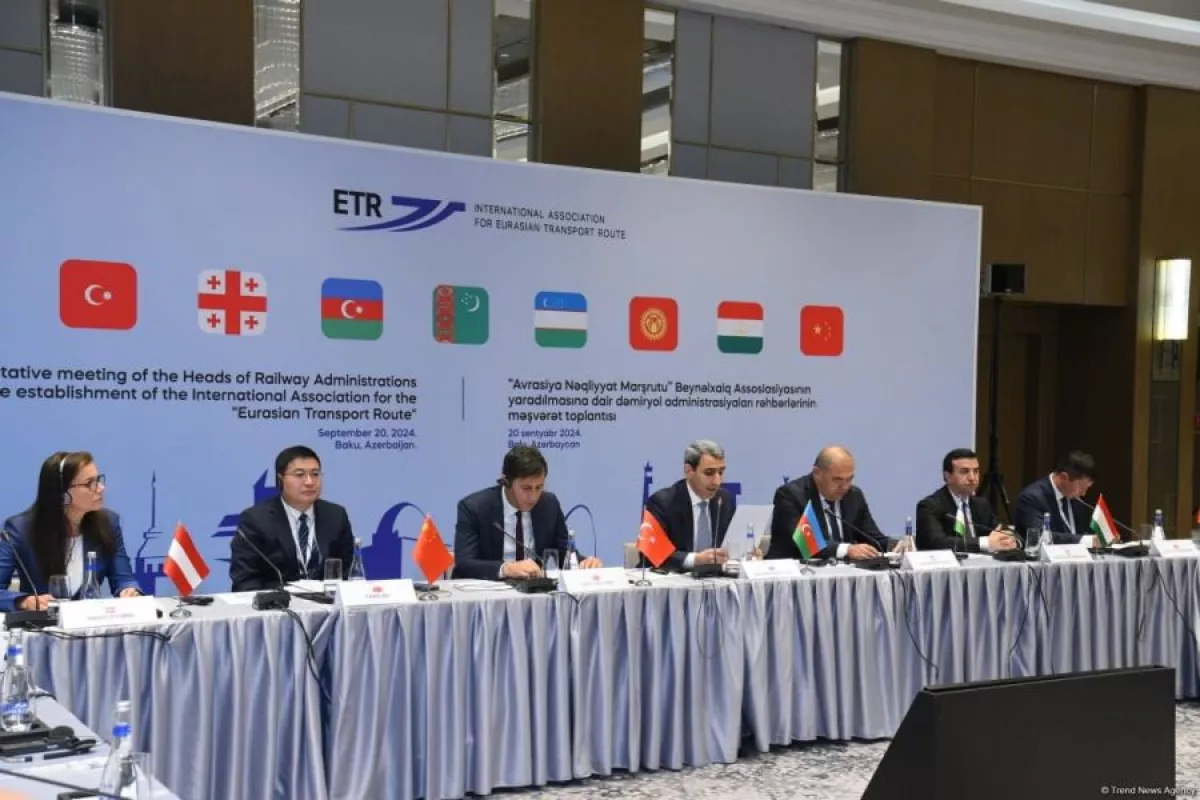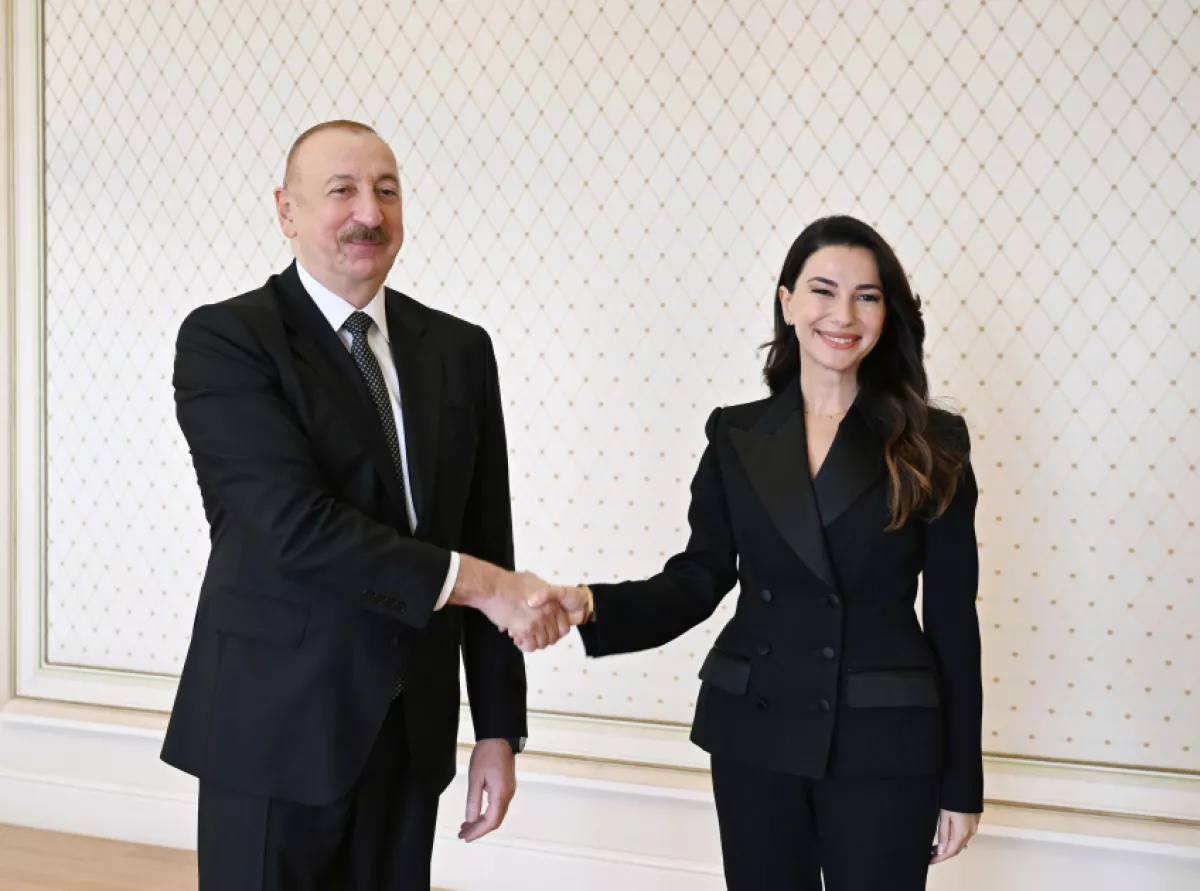Economic axis of Baku–Tbilisi–Beijing Logistics and pragmatism
Georgia and China are holding consultations on updating their free trade agreement. The first such agreement between the two countries was signed in 2017, resulting in the elimination of customs duties on most types of goods and facilitating the active entry of Georgian products into the Chinese market.
The areas covered by the updated agreement currently under discussion include the development of e-commerce, the creation of favourable conditions for increased Chinese investment, the expansion of Georgian product presence in the Chinese market, among others.

As Georgian Prime Minister Irakli Kobakhidze noted in this regard, the importance that the authorities attach to economic cooperation with China—alongside partnerships with Europe and the United States—highlights Tbilisi’s key role as a connecting bridge between West and East, Europe and Asia. In this context, the country’s primary task becomes further strengthening this role in Georgia’s own national interest.
One of the most notable developments in Georgia–China relations is the establishment of a strategic partnership in 2023. The two countries also maintain a visa-free regime.
In 2024, bilateral trade amounted to nearly $2 billion, marking a 17% increase compared to the previous year.
A significant aspect of the relationship is the involvement of China’s state-owned China Communications Construction Company (CCCC) in the Anaklia Port project. The implementation of this project will allow Georgia to assume a prominent position in the logistics network connecting Europe and Asia, particularly through the use of the Middle Corridor (Trans-Caspian International Transport Route – TITR).
According to David Aptsiauri, Director General of the Georgian Chamber of Commerce and Industry, the development, modernisation, and integration of the Anaklia Port into the architecture of the Middle Corridor holds strategic importance—especially in light of China’s growing interest in overland freight delivery to Europe, bypassing traditional maritime routes.
In turn, Beijing gains the opportunity to strengthen its Eurasian influence through direct access to the Black Sea region.

In April 2025, the Georgian-Chinese Regional Cooperation Association signed a memorandum of understanding with Georgia’s Ministry of Economy and the China Chamber of Commerce for Import and Export of Machinery and Electronic Products.
Recently, during his speech at the ministerial meeting of the Global Civilisations Dialogue in Beijing, Chairman of the Georgian Parliamentary Committee on Culture Giorgi Gabunia described China as a country with an ancient civilisation, a unique culture and traditions, and a high level of development in all spheres.
All these developments speak for themselves and require no further commentary.
In this context, it is also worth highlighting the particular importance of the Georgia–Azerbaijan and Azerbaijan–China relationship formats—especially in the logistics sphere.
In 2024, the first container block train from Xi’an arrived in Baku, reaching its destination in just 11 days. Shortly afterwards, the first export shipment from Azerbaijan was sent in the opposite direction—62 containers in total. This event was significant not only for increasing trade turnover along the West–East route but also for deepening trade and economic ties among the countries involved in the corridor.

In the same year, work began in Baku on the establishment of the International Association “Eurasian Transport Route,” whose key objective is the development of an additional branch of the Trans-Caspian International Transport Route (TITR), passing through China, Tajikistan, Kyrgyzstan, Uzbekistan, Turkmenistan, and the Caspian Sea.
These efforts are in line with the spirit of the “Joint Declaration on the Establishment of a Strategic Partnership” signed between Azerbaijan and China in 2024, in which Beijing expressed its readiness to actively participate in the construction and operation of the Middle Corridor in cooperation with Baku and other partners. The aim is to support the uninterrupted functioning and accelerated development of the southern China–Europe freight route—and its return path—while ensuring the resilience and security of production and logistics chains.
In light of the provisions of this declaration, particular attention is drawn to the railway shipments that began on 9 July from China to Azerbaijan via Kazakhstan along the TITR. A total of 50 standard containers were dispatched to Baku from Jinzhong (via Aktau). Just two days later, as part of a Memorandum of Understanding signed between Azerbaijan Railways (ADY) and China’s Xi’an Free Trade Port Construction and Operation, an ADY representative was stationed at the Port of Xi’an, and a dedicated container terminal was inaugurated with an annual throughput capacity of 20,000 TEU.
Granting ADY access to the operational system of the Port of Xi’an for real-time information exchange will undoubtedly expand the capabilities of the Middle Corridor. In this context, the parties agreed to enhance cooperation on increasing the Caspian Sea’s transit capacity and the volume of freight traffic along the Baku–Tbilisi–Kars route towards Türkiye and Europe. In addition, joint efforts are expected to intensify in the area of digital solutions—particularly in the development of real-time cargo tracking systems.

As for the bilateral relations between Baku and Tbilisi, the spirit of mutual understanding was clearly reflected in the recent meeting between Azerbaijani President Ilham Aliyev and Georgia’s Minister of Economy and Sustainable Development, Mariam Kvrivishvili.
Welcoming the minister’s visit to Baku shortly after assuming office as a sign of close cooperation, President Aliyev highlighted the fact that the Georgian Prime Minister chose Azerbaijan for his first foreign visit following the parliamentary elections. According to the President, this is a vivid example of the friendship and brotherhood between the two countries.
Both sides also reaffirmed the importance of deepening cooperation in bilateral and multilateral formats—in areas such as transport, energy, trade, and investment.
Taken together, recent developments along the Baku–Tbilisi–Beijing axis firmly position this trilateral cooperation as a vital foundation for ensuring peace, stability, and security on a global scale. In the context of the Middle Corridor’s future prospects, it is also worth noting that the opening of the Zangezur route is expected to boost its throughput capacity to 13 million tonnes.








